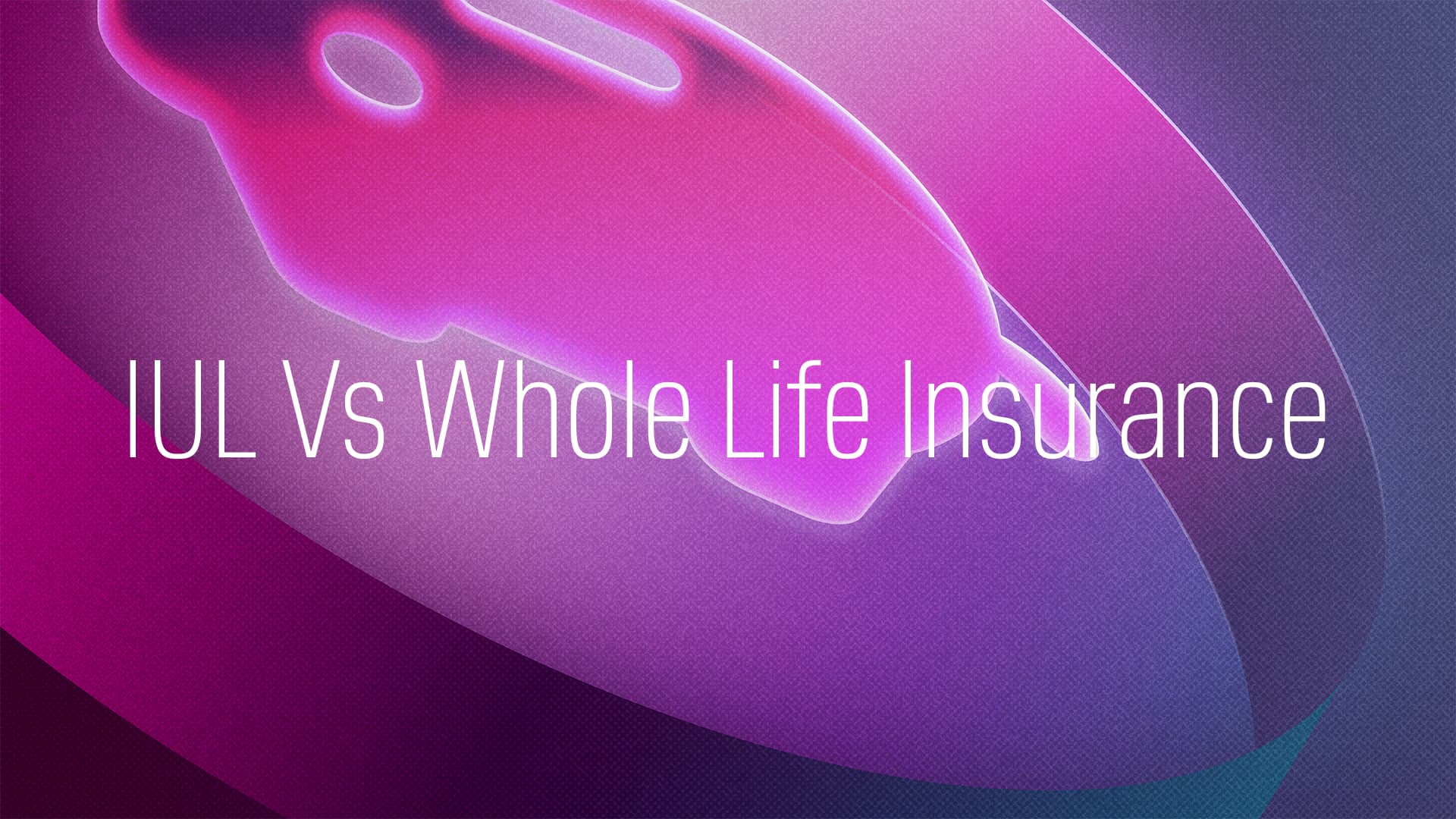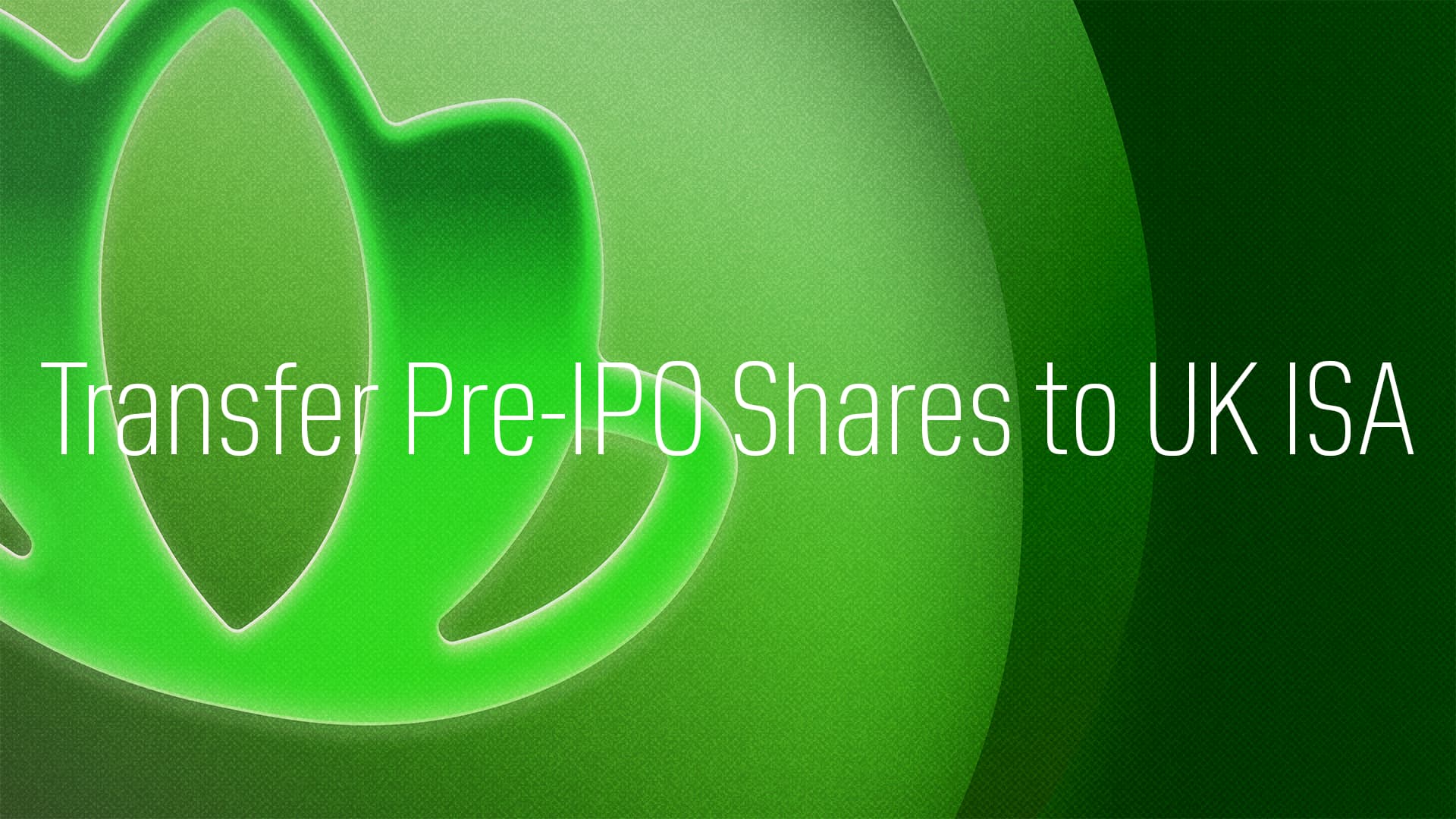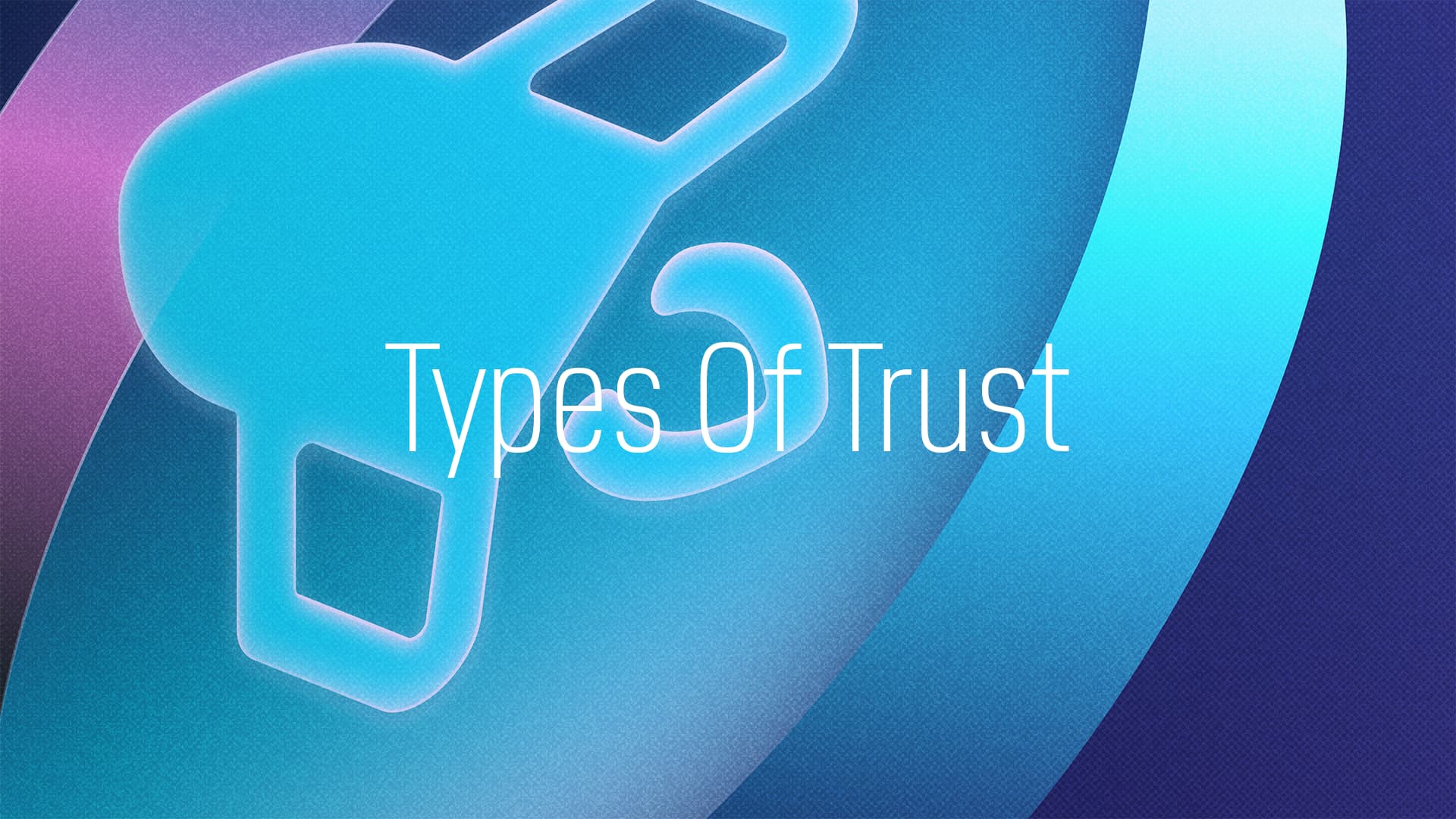IUL policies offer a blend of flexibility and potential for higher returns, making them an attractive option for individuals comfortable with linking their policies to the performance of the stock market.
Key Features of IUL
- Flexibility: IULs stand out for their adjustable premiums and death benefits, allowing policyholders to adapt their coverage as their financial situation changes.
- Cash Value Growth: The cash value of an IUL policy is tied to a stock market index, such as the S&P 500. This means that returns can be higher compared to traditional whole life policies, but they come with caps on maximum returns and floors to mitigate against significant market downturns.
- Risk and Return: The market-linked nature of IUL offers the potential for higher returns, but with an increased risk profile compared to Whole Life insurance.
- Costs: Generally, IULs come with higher fees and costs, which can eat into the cash value over time.
- Suitability: Ideal for individuals with a long investment horizon and a comfort level with market fluctuations.
Whole Life Insurance
Whole Life Insurance provides a consistent and straightforward approach to life insurance, with guaranteed premiums, death benefits, and cash value growth.
Key Features of Whole Life
- Consistency: Policyholders benefit from fixed premiums and a guaranteed death benefit, providing peace of mind and predictability.
- Cash Value Growth: The cash value in a Whole Life policy grows at a guaranteed rate determined by the insurance company, offering stable but typically lower returns.
- Risk and Return: This type of insurance is considered less risky, suitable for individuals looking for stable returns without the volatility of the stock market.
- Costs: While the initial premiums may be higher than those for term life insurance, they remain consistent throughout the policy's life.
- Suitability: Whole Life Insurance is often favored by those seeking financial stability and guaranteed growth, making it a popular choice for estate planning.
Which One to Choose?
The decision between IUL and Whole Life Insurance ultimately depends on your individual financial goals, risk tolerance, and long-term planning needs.
- Your Financial Goals: If you're aiming for potentially higher growth linked to the market's performance and are comfortable with the associated risks, IUL might be the right choice. On the other hand, if you value predictability and guaranteed growth, Whole Life Insurance could be more fitting.
- Risk Tolerance: Consider how comfortable you are with the possibility of market volatility affecting your policy's cash value. IUL policies are more susceptible to market swings, whereas Whole Life offers a stable growth path.
- Long-term Planning: Reflect on your long-term financial objectives. Whether you're focused on retirement planning, estate planning, or leaving a legacy, the choice between IUL and Whole Life should align with these goals.
Both IUL and Whole Life Insurance have their place in a comprehensive financial strategy. By carefully considering your financial situation, goals, and comfort with risk, you can select the policy that best ensures your and your family's financial future.




